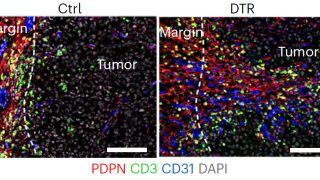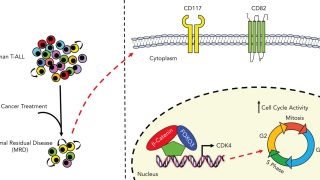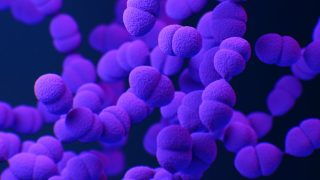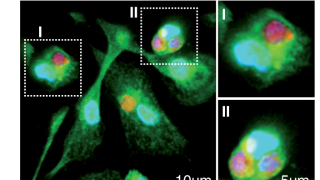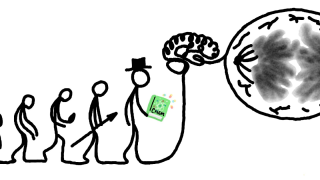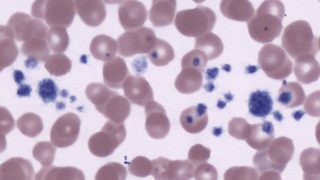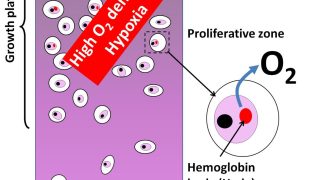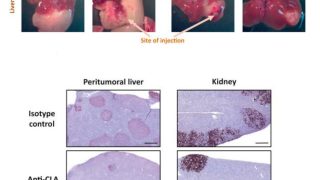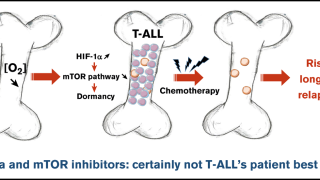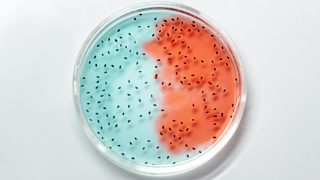
Protein promiscuity is critical for nutrition and drug absorption
To eat, a cell needs to carry its main nutrients (sugars, lipids, and peptides –pieces of proteins–) across the cell membrane. To do so, it has a number of molecular transporters. Interestingly, although sugar transporters are highly specific to the type of sugar they transport, peptide transporters are not picky at all. This promiscuity has […]
